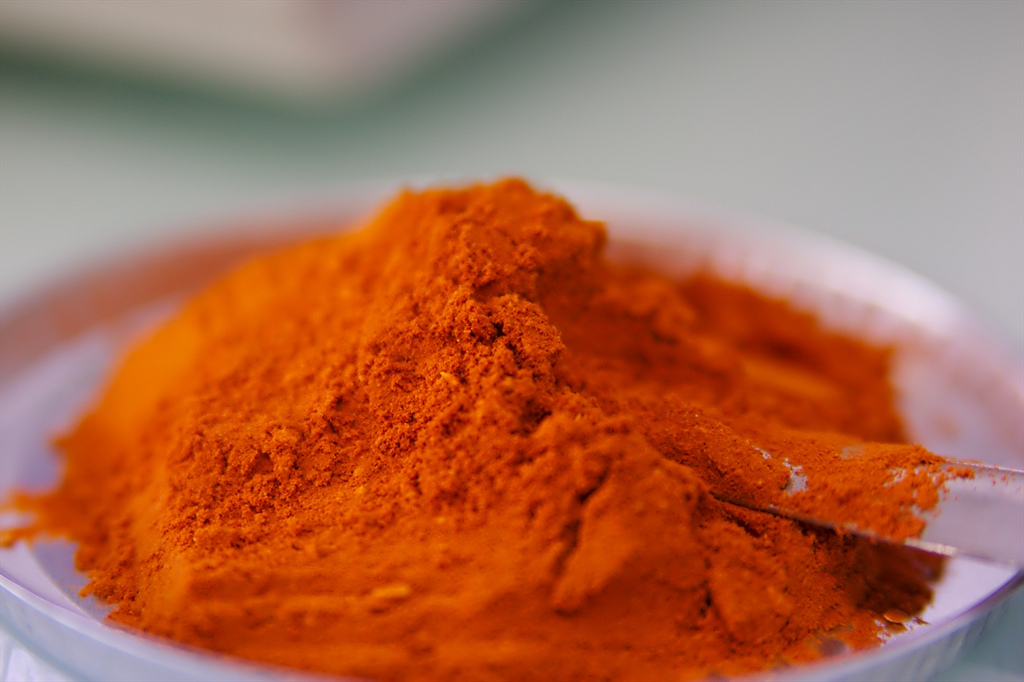
Beta-Carotene
Beta-carotene is a naturally occurring carotenoid derived from the marine microalgae strain, Dunaliella salina. It is also abundant in vegetables and fruit and was the first carotenoid from algae to be commercialized. Although various microalgae naturally produce beta-carotene, the strain Dunaliella salina is the preferred option for commercial production. The Dunaliella salina strain, when grown under the right conditions of high salinity and light intensity, can produce up to 15% beta-carotene.
Beta-carotene is used in the pharmaceutical, cosmetic and food industries. Whilst scientific research into the exact extent of the benefits of beta-carotene are still ongoing, researchers have already identified a wide range of benefits to the human body. In addition to being a naturally occurring antioxidant, beta-carotene is an anti-inflammatory and has singlet oxygen quenching and free radical scavenging properties. It is also known as a precursor to vitamin A, and is often called a “provitamin A”.
Cultivation
Apart from its natural occurrence in vegetables and fruit, natural beta-carotene can be commercially produced by cultivating microalgae. It is also commercially produced through the chemical synthesis of Benzene and Methanol. Synthetic beta-carotene derived from these petrochemical sources has not been approved for human consumption in food or supplements.
Marigan will specialize in the high-tech commercial cultivation of axenic and uncontaminated microalgae in advanced and sterile photobioreactors.
Although naturally occurring in various species, concentration levels of beta-carotene varies considerably, with Dunaliella salina accumulating the highest level of natural beta-carotene, up to 1,000 times higher than in carrots. Dunaliella salina occurs primarily in sea salt fields, and thrives in highly saline conditions with a salt content of 25% and higher. Under harsh environments and exposed to intensive radiation, this species of microalgae produces natural beta-carotene as a defense mechanism, thus protecting the microalgae and ensuring its survivability.
Commercially, Dunaliella salina is cultivated in uncontrolled environmental conditions in open ponds, or in photobioreactors with controlled salinity and light intensities. It is cultivated using a two-phase production process: the first phase is the growth or “green phase”, which is followed by a stress phase that induces the microalgae to produce natural beta-carotene.
Marigan will use high tech FFE Technology during the green phase and multiple condition changes in the stress phase to produce extraordinarily high levels of beta-carotene at pharmaceutical grade quality.
Use of Marigan Beta-Carotene
Natural beta-carotene is used as a pigment source in the food industry, and as a provitamin A ingredient in baby food. Results of scientific studies show that this powerful carotenoid has an extensive effect on the human body and skin – making it essential to the pharmaceutical and cosmetic industry. Marigan Beta-Carotene will be used in high end applications for the development of:
- New Generation Medicines
- Enhanced Cosmetics
